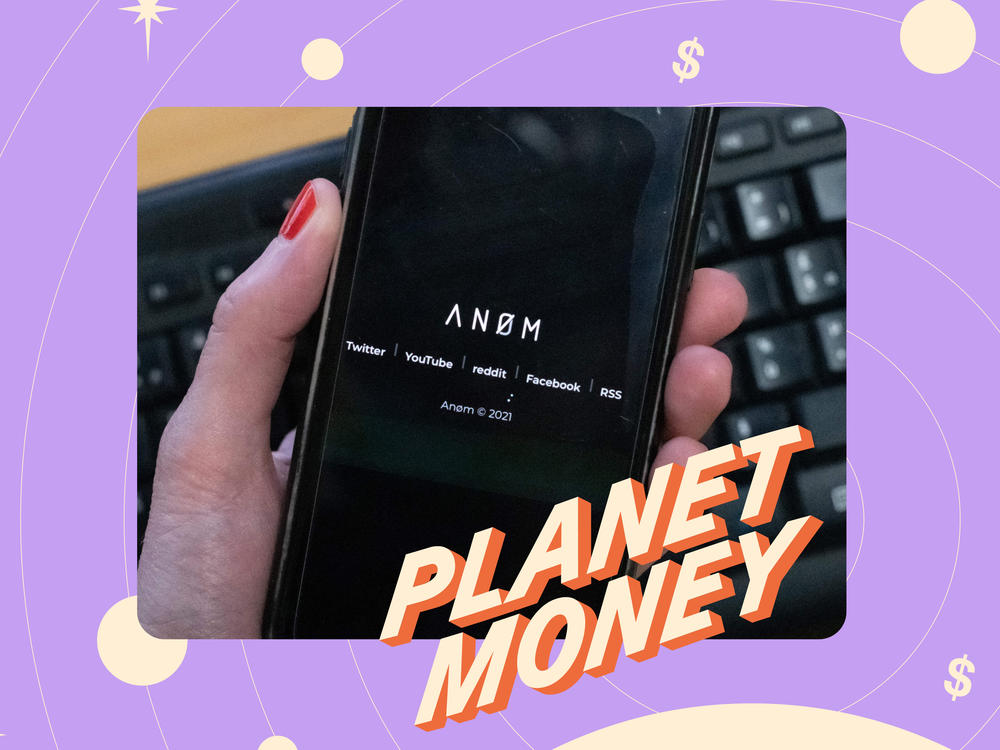Section Branding
Header Content
How the FBI's fake cell phone company put criminals into real jail cells
Primary Content
There is a constant arms race between law enforcement and criminals, especially when it comes to technology. For years, law enforcement has been frustrated with encrypted messaging apps, like Signal and Telegram. And law enforcement has been even more frustrated by encrypted phones, specifically designed to thwart authorities from snooping.
But in 2018, in a story that seems like it's straight out of a spy novel, the FBI was approached with an offer: Would they like to get into the encrypted cell phone business? What if they could convince criminals to use their phones to plan and document their crimes — all while the FBI was secretly watching? It could be an unprecedented peek into the criminal underground.
To pull off this massive sting operation, the FBI needed to design a cell phone that criminals wanted to use and adopt. Their mission: to make a tech platform for the criminal underworld. And in many ways, the FBI's journey was filled with all the hallmarks of many Silicon Valley start-ups.
On this show, we talk with journalist Joseph Cox, who wrote a new book about the FBI's cell phone business, called Dark Wire. And we hear from the federal prosecutor who became an unlikely tech company founder.
This episode was hosted by Nick Fountain. It was produced by Emma Peaslee and edited by Jess Jiang. It was fact checked by Sierra Juarez and engineered by Cena Loffredo. Alex Goldmark is Planet Money's executive producer.
Help support Planet Money and hear our bonus episodes by subscribing to Planet Money+ in Apple Podcasts or at plus.npr.org/planetmoney.
Always free at these links: Apple Podcasts, Spotify, the NPR app or anywhere you get podcasts.
Find more Planet Money: Facebook / Instagram / TikTok / Our weekly Newsletter.
Music: Universal Production Music - "Parisian Spy," "The Danzig Connection," and "Straight Talker"

